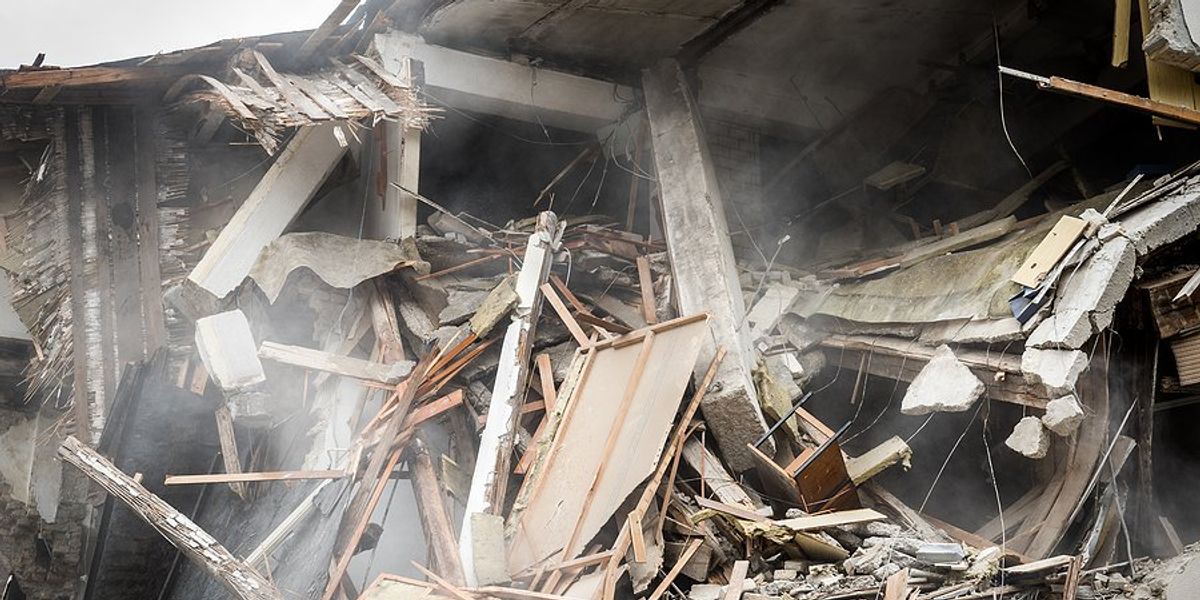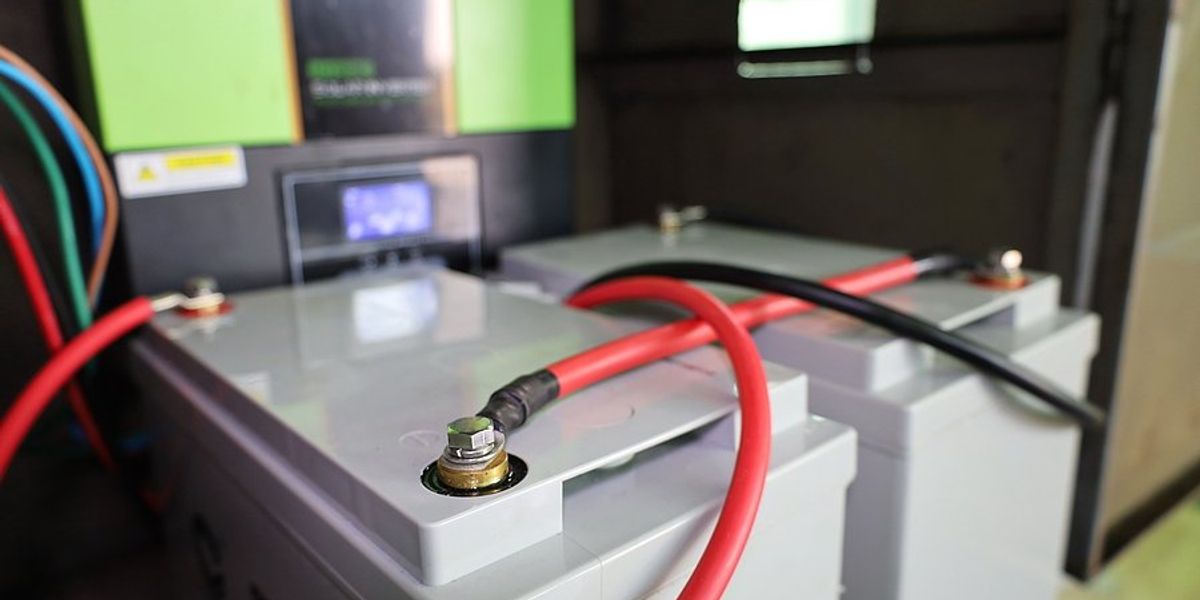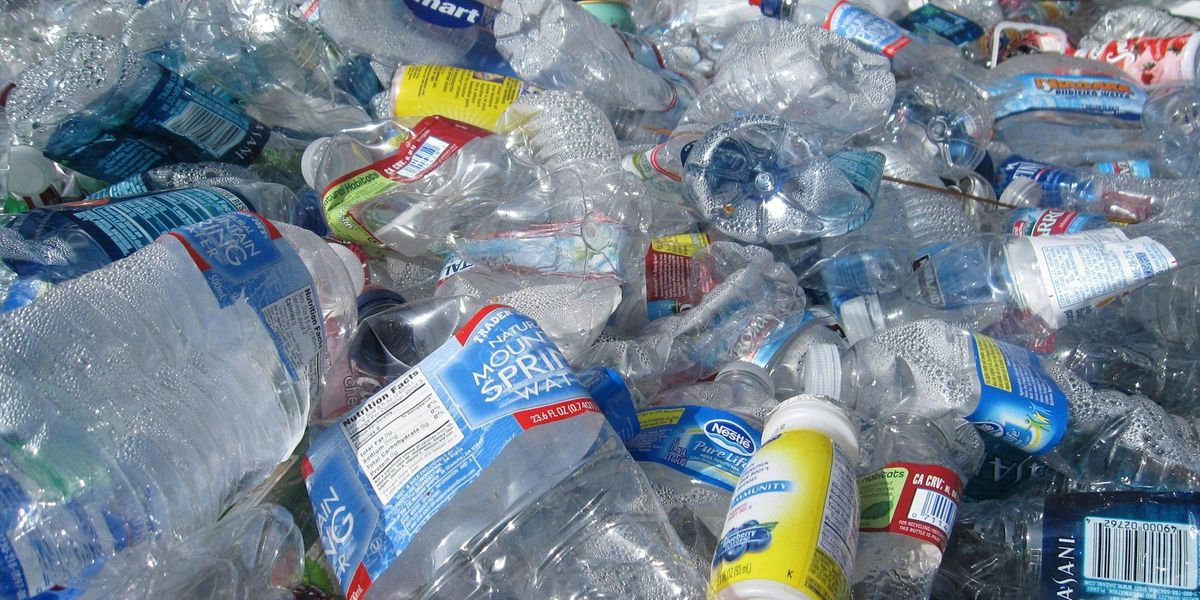
Derrick Z. Jackson: A Rhode Island city gets serious about climate justice
In its climate action plan, Providence, Rhode Island, is giving frontline residents' health equal billing with carbon reduction. Other cities should pay attention.
PROVIDENCE, R.I.—Vatic Kuumba, a local poet and playwright, has little tolerance for climate change resilience plans that leave out low-income families forced to be resilient for decades from environmental degradation.
"It's not just wetlands for birds," Kuumba said. "It's asthma and traffic."
Similarly, Pol Tavarez, a youth organizer, said, "For lots of families, climate change means children being able to go out to play on land that's not contaminated."
Kuumba and Tavarez are two project team managers for the city's Racial and Environmental Justice Committee. In arguably the nation's most inclusive climate-action effort, Providence's Climate Justice Plan, unveiled last October, involved at its very beginning participation of the committee and "frontline" residents who disproportionately deal with fossil fuel pollution and industrial waste.
I interviewed them for the Barr Foundation,* which provided funding to the city to create community partnerships to develop the plan. The Foundation engaged my help to write about this effort.
In February, the City of Boulder, Colorado, and Boulder County hosted members of the Racial and Environmental Justice Committee and officials from the City of Providence to talk about the plan.
Most climate plans begin with greenhouse gas reductions and adaptations for the built environment.
Providence's agenda leads off by acknowledging that the city's economic success came with economic and environmental injustice spanning centuries. They include the conquest of Indigenous people, cotton mills tied to slave labor and factories spewing chemicals into rivers.
"More than 200 years later," the introduction said, "our post-industrial landscape remains contaminated with lead that poisons 10 to 30 percent of our kindergarten-age children, depending on the neighborhood."
Thus, the city issued a plan that melds carbon neutrality by 2050 with specific targets to cut direct emissions in the most polluted communities and slash child asthma. Other measures for those communities include reduction of diesel truck traffic and increase of low-carbon transportation options.
Giving frontline health equal billing with clean energy is not part of traditional climate action plans.
Leah Bamberger, Providence's sustainability director, said, "We were really challenged by how much having an equity lens force you to have a more holistic idea of climate action. It came down to things like, how can we talk about solar panels when people can't stay warm in winter or can't open their windows in summer because of dust and smells?"
Applying an "equity lens" to the plan included anti-racism training for city officials and led to other pledges not seen in other plans. The city will measure both the environmental burden and the level of energy investments in neighborhoods, boosting renewable energy in underserved areas.
The city says it will strive for an "energy democracy" that avoids frictions experienced elsewhere. For instance many frontline residents fret whether bike lanes to reduce congestion and carbon footprints are "white lanes," leading to gentrification.
Providence's plan is the kind being called for by more than 200 organizations in the "Equitable and Just National Climate Platform."
Published in July, the platform warns, "Unless justice and equity are central components of our climate agenda, the inequality of the carbon-based economy will be replicated in the new economy."
The plan earned top marks from the American Council for an Energy-Efficient Economy in its 2019 City Clean Energy Scorecard for equity-driven community engagement and decision-making and accountability for social equity.
Providence tied with Seattle and Minneapolis, though Grist.org reported that community engagement came later in those two cities.
While nearby Boston was the top-ranked city overall on the ACEEE scorecard, it fell short, compared to Providence, in equity-driven community engagement and decision-making.
Tavarez and Kuumba said proof of the new voice of frontline communities is embedded in Providence's new ban on single-use plastic bags, without fees for alternative bags. An earlier version of the ban with a bag fee of at least 10 cents was denounced as an unfair burden on environmentally overburdened communities.
"We've got 400 years of inequity baked into the system," Kuumba said. "We know there will be no quick fix. But we have to make sure climate change is not fixed on the backs of the poor."
*The Barr Foundation helps fund the City of Providence's Climate Justice Plan.
Derrick Z. Jackson is on the advisory board of Environmental Health Sciences, publisher of Environmental Health News and The Daily Climate. He's also a Union of Concerned Scientist Fellow in climate and energy.













